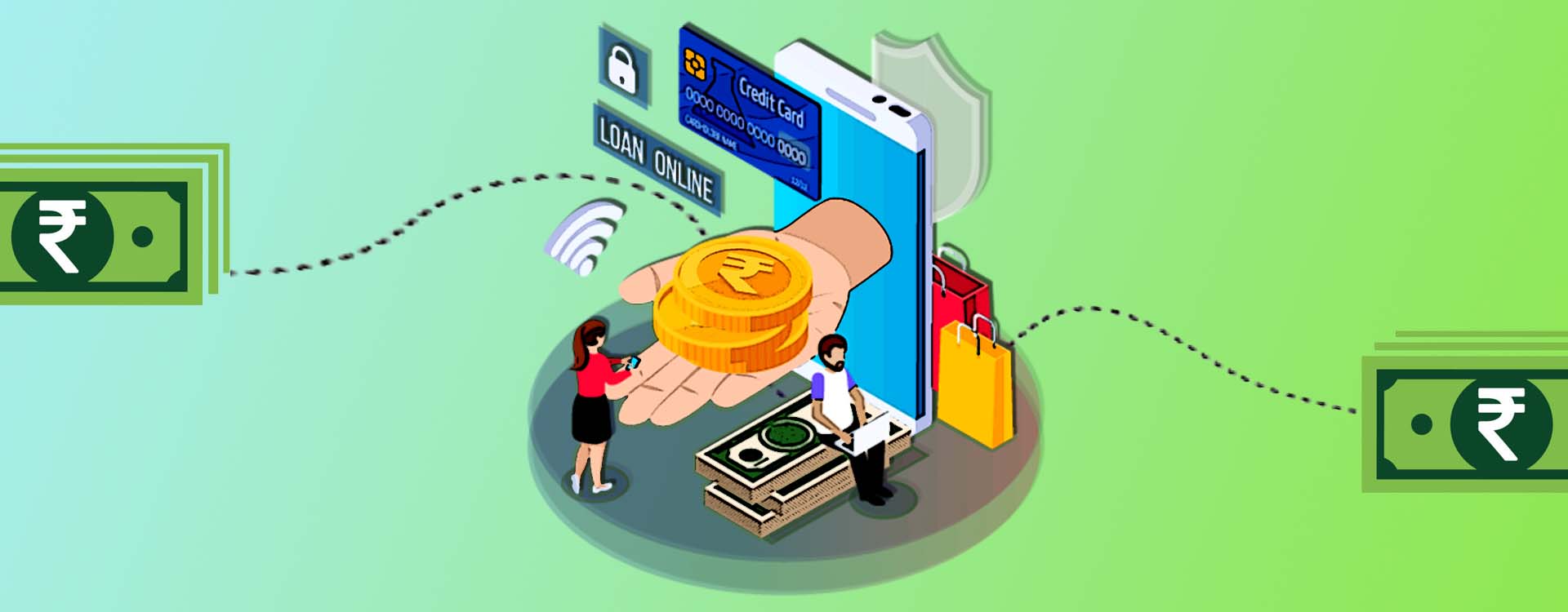When talking about app-based lending start-ups, CRED is the name that pops up. CRED is India’s youngest unicorn that encourages customers to pay their credit card bills on time in exchange for exclusive rewards, and extra credit.
While CRED has an affluent customer base, there are numerous fintech start-ups achieving tremendous heights offering app-based lending services to less-affluent customers.
The finest example is ‘mPokket’, a Kolkata-based start-up offering instant micro-loans for the country’s youth, mainly students seeking to do higher education. There are multiple scenarios where the youth is in desperate need of a short term, quick cash fix.
mPokket is confident of assuming its position as a market leader in student credit soon. mPokket is one of the very first micro loan start-ups in India and they have already declared a revenue of $9 M coming only from Indian students and self-employed professionals in the country. They also recently appointed a Chief Financial Officer (CFO) ‘Sanjay Kumar Agarwal.
‘‘
In the present climate, fintech start-ups will see that the market and demand is huge for app-based lending.
EarlySalary’s success
A very interesting start-up quickly grabbed the pulse of the youth at the right time. We’re talking about ‘EarlySalary’, a Pune-based start-up which is an online lender of salary advances and ‘quick cash’ mostly for young corporate professionals.
App-based lending has worked splendidly for EarlySalary as it competes against MoneyTap, GyanDhan, Slice, and Udhar, alongside mPokket.
In October of 2020, EarlySalary raised $10 M backed by Chiratae Ventures and Eight Roads Ventures.
Risks for app lending customers and start-ups
Currently India has over 706 online lending start-ups in India. Not all of them are as impressive as the companies mentioned here. In fact, a lot of them promise instant loans but put customers in debt traps. Quick personal loans do work in India. Especially during the current financial crisis and the lockdowns that are occurring in India. People are in dire need of cash that they can instantly borrow from the privacy of their phones.
What’s in it for me?
The answer to the question on whether or not app-based lending works in India is a definite yes. In the present climate, fintech start-ups will see that the market and demand is huge for app-based lending.
Targeting students, young working professionals, and corporate employees is the right approach for start-ups. The self-employed customer segment is also a viable market for app-based lending start-ups.
As an app-based lender, you need to set yourself apart from the numerous illegitimate money lending firms by building trust with your customers.
Malicious app lenders caused 6 suicides in Telangana this year which led to a crackdown by the Enforcement Directorate (ED) and the Hyderabad Police. Authorities are tightening their scrutiny around money-lending apps and your start-up needs to keep well away from predatory lending practices.
Moreover, you need to keep your interest rates low, because high rates can be a red flag that will turn your customers away. Also, be transparent with the interest rates, and stick to your word.




